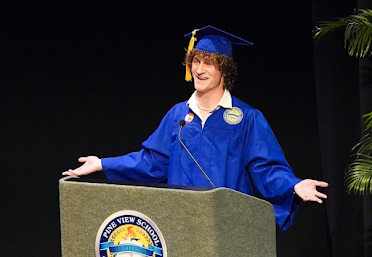Use these photos as an introduction to your assembly. Copy and paste the photo on to a power point and have it on display as the children enter the hall. Suggested discussion points are listed below each picture. See www.no-outsiders.com for more No Outsiders information
Sunday 26 June 2022
Braids
Sunday 12 June 2022
book club
Sunday 5 June 2022
Scouts
The Jubilee celebrations last weekend were watched by millions of people all over the UK and the world. On Saturday night, the Big Jubilee Street Party was broadcast live from the MEN arena, featuring musical guests and honouring inspirational people.
One person who got a award was a scout volunteer Dan, who joined the scouts when he was six and is now a scout leader. During the conversation, Dan mentioned his transition and thanked the scouts for giving him the confidence to be himself. As he said this, the arena erupted in applause and cheers from the 10,000 strong crowd. A short video was then shown where Dan was thanked for being a role model to other young scouts.
Bear Grylls then abseiled from the ceiling to present Dan with a scouting award for helping other scouts to "be brave and be yourself" Bear said, "Scouting is like a second family to so many people in terms of friendship and life skills." Dan said the scouts were always hugely supportive of his transition and the week after he told them abut his transition and changed his name, they presented him with a brand new uniform with his name on it.
No Outsiders|: Everyone different, everyone welcome by Andrew Moffat
www.no-outsiders.com
Curly hair



